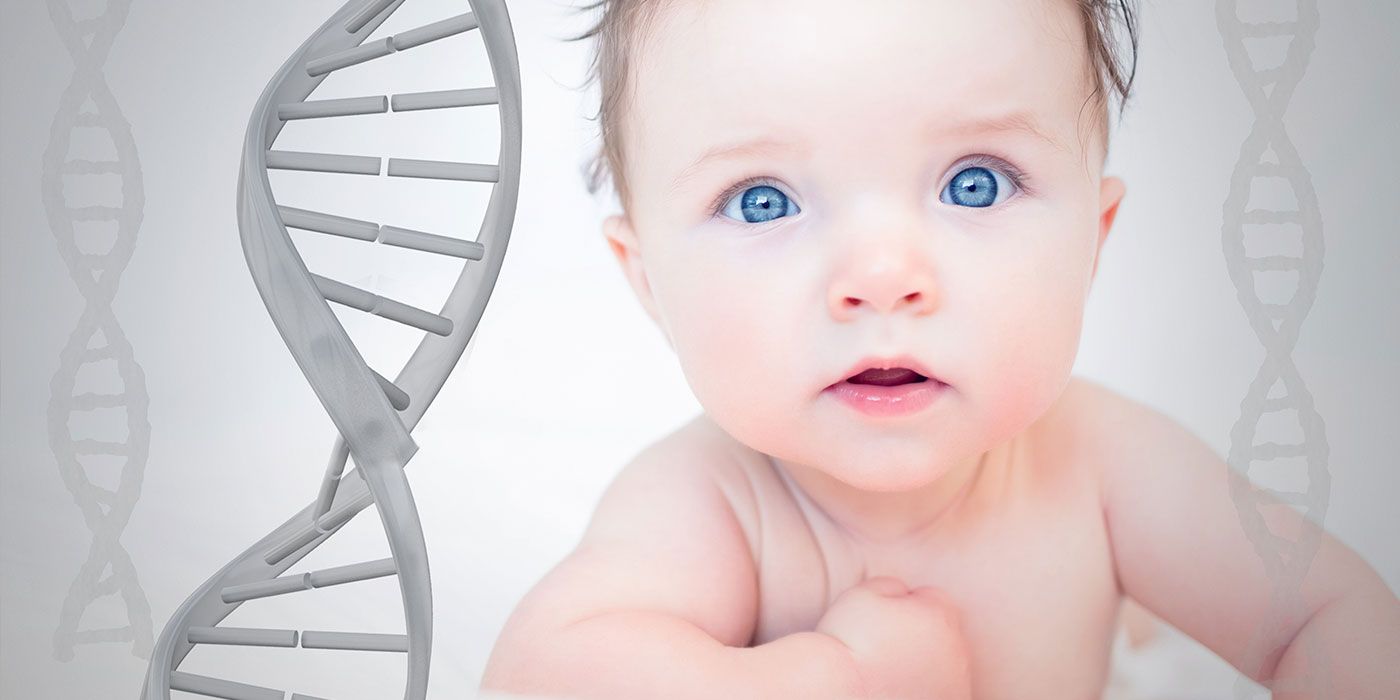
Unravelling Microdeletions: Their Causes, Risk Factors, Common Types, and Screening Methods
Microdeletions are a topic of extensive genetic research. These small deletions in the DNA sequence of a chromosome can have significant implications on an individual’s health. In this comprehensive blog post, we delve into the causes, risk factors, ten most common types of microdeletions, their prevalence, and the role of Non-Invasive Prenatal Testing (NIPT) in their detection.
What are Microdeletions?
Microdeletions are tiny losses of genetic material in the DNA sequence of a chromosome. These minute changes are typically undetectable under a standard microscope, hence the term ‘micro’. However, despite being minute, these deletions can lead to significant health and developmental problems, as they may disrupt several genes essential for growth and development.
Causes and Risk Factors
The exact cause of microdeletions remains unknown, and their occurrence seems largely spontaneous. They typically occur during the formation of reproductive cells or in early foetal development, resulting from a mistake in the cell’s DNA replication process.
In terms of risk factors, there’s no established link between microdeletions and parental age, ethnicity, or lifestyle. These changes can happen in any pregnancy, but familial history can increase the chances if a parent has a balanced translocation or an inherited microdeletion.
The Ten Most Common Microdeletion Syndromes
Here’s a list of ten of the most common microdeletion syndromes, along with their estimated prevalence:
| Syndrome | Approximate Prevalence |
|---|---|
| 1. DiGeorge Syndrome (22q11.2 deletion syndrome) | 1 in 3,000 – 1 in 6,000 |
| 2. Williams Syndrome (7q11.23 deletion syndrome) | 1 in 7,500 – 1 in 20,000 |
| 3. Prader-Willi Syndrome | 1 in 10,000 – 1 in 25,000 |
| 4. Angelman Syndrome | 1 in 10,000 – 1 in 20,000 |
| 5. Cri-du-chat Syndrome (5p- syndrome) | 1 in 20,000 – 1 in 50,000 |
| 6. 1p36 Deletion Syndrome | 1 in 5,000 – 1 in 10,000 |
| 7. Wolf-Hirschhorn Syndrome (4p- syndrome) | 1 in 20,000 – 1 in 50,000 |
| 8. Smith-Magenis Syndrome (17p11.2 deletion syndrome) | 1 in 15,000 – 1 in 25,000 |
| 9. Alagille Syndrome (20p12 deletion syndrome) | 1 in 30,000 – 1 in 50,000 |
| 10. Rubinstein-Taybi Syndrome | 1 in 100,000 – 1 in 125,000 |
Microdeletions, in general, occur in approximately 1 in every 1,000 births, making them a significant contributor to genetic disorders. Just to compare Down’s Syndrome, the most common chromosomal disorder affects approximately 1 in 1,000 to 1 in 1,100 live births worldwide. The frequency of Down’s Syndrome increases significantly with the mother’s age, particularly from 35 years onwards whereas microdeletions are believed to occur randomly.
Microdeletion Screening: The Role of NIPT
Screening for microdeletions has been revolutionised by advancements in genetic testing, particularly with the introduction of Non-Invasive Prenatal Testing (NIPT). This screening test, performed from the 10th week of pregnancy, analyses cell-free DNA in the maternal blood to identify common chromosomal abnormalities and microdeletions. NIPT poses no risk to the foetus and offers a safer alternative to invasive diagnostic procedures.
Though NIPT has high accuracy rates, it’s crucial to understand that a ‘positive’ result indicates an increased risk, not a definitive diagnosis. Positive NIPT results should always be confirmed through diagnostic tests such as amniocentesis or chorionic villus sampling (CVS).
There are a number of NIPT providers who offer screening for microdeletions, such as Panorama NIPT, Unity NIPT and PrenatalSAFE.
Conclusion
While the world of microdeletions might seem complex, understanding them is crucial to advancing our knowledge of genetic disorders. Early detection, made possible by advanced screening methods like NIPT, allows for better preparation and potential intervention. As research continues to evolve, we can hope for even more effective detection and management of these genetic changes, ultimately leading to improved healthcare and patient outcomes.
Remember, if you have any concerns or questions about genetic disorders or prenatal testing, it’s always advisable to consult with a healthcare professional who can provide tailored advice based on your individual circumstances.

